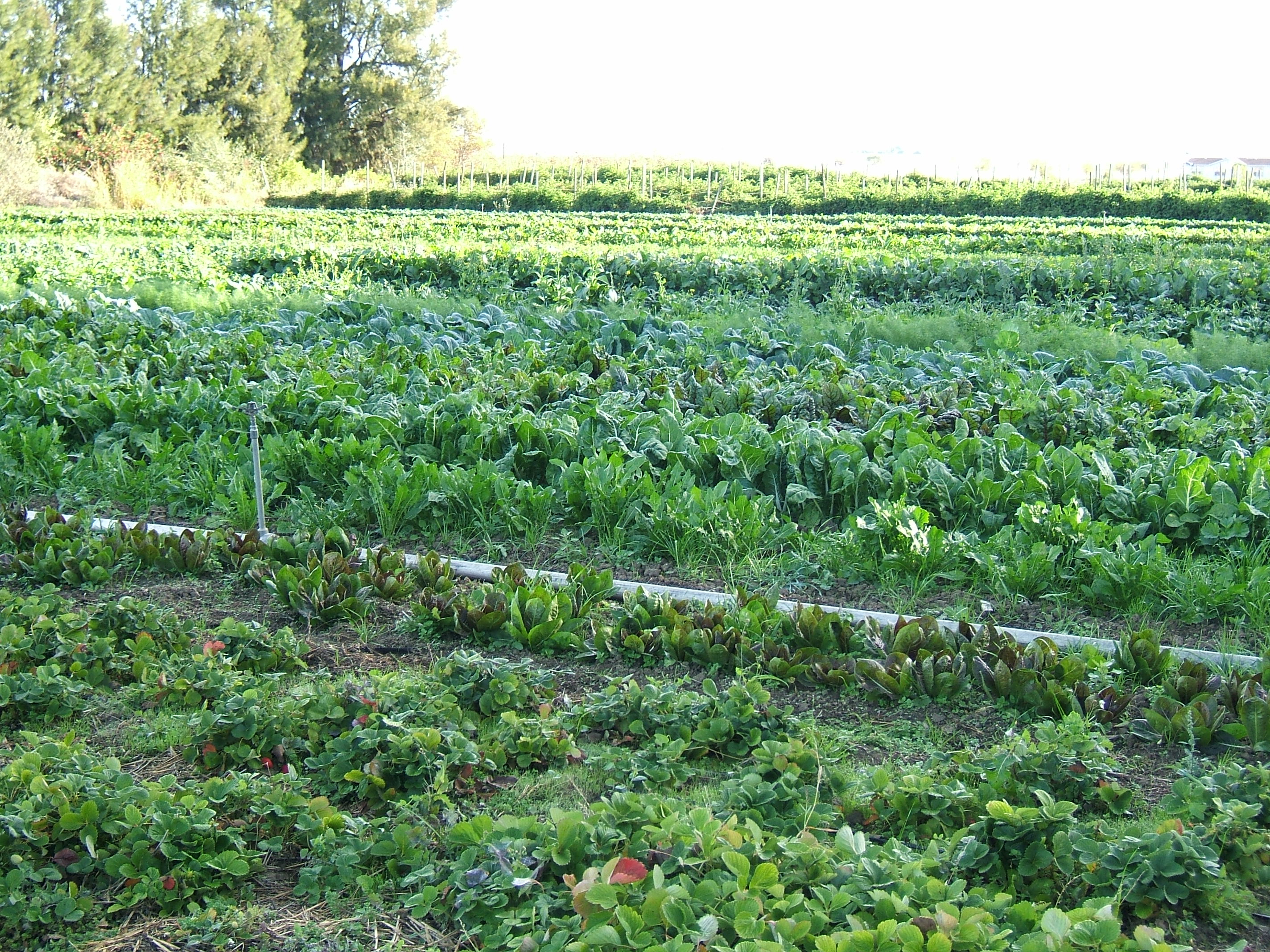Agrarian Advancements: How Organic Farming is Changing Agriculture

Organic farming is more common than ever before and is changing agriculture practices around the world. Organic farming is the fastest growing type of agriculture in North America. Canadian farmers are conducting research into the benefits of organic agriculture and strategies to make farms in Canada more profitable and environmentally-friendly.
Damage from Pesticides and Chemicals
Organic foods are proven to be healthier than foods that are grown commercially using pesticides and chemicals. Pests that are damaging to crops and diseases that attack plants thrive in a climate where one crop is grown consistently, which means chemicals and pesticides must be used to contain disease and kill pests. Using chemicals results in the minerals and nutrients in the soil is depleted faster. When the soil is no longer useful, more forests must be cut down to obtain more land for farming, and the cycle never ends.
Research has proven that intensive farming has considerable, damaging effects on people, animals, soil, and water. Intensive farming relies on the use of massive amounts of pesticides and chemicals. This system of farming extends to how livestock is raised and treated through factory farming, the effect on ecosystems and natural habitats, and depletion of the soil. More than 40 percent of the land on this planet is for the production of food. With the increase in population worldwide, more sustainable methods of farming must be adopted.
Benefits of Organic Farming
One of the biggest advantages of organic farming is conserving resources that are non-renewable and producing foods that are healthier. Organic farming doesn't rely on chemicals, pesticides, and fertilizers. In fact, many conventional farmers and some organic farmers use fertilizers like those from Nature Safe, which are in harmony with the Federal National Organic Program. Natural composting is another method of naturally fertilizing the soil. Cultivating the land excessively prevents rainwater from being absorbed into the soil. When chemicals are used, the runoff from the topsoil goes into streams and rivers, further polluting them.
Organic agriculture has a positive effect on the environment over the long-term with crop rotation, a minimum of tillage, and organic fertilizers. Another advantage of organic farming is that the need for non-renewable energy sources is reduced. Although the effect of GMOs on health and the environment isn't conclusive, Genetically Modified Organisms aren't allowed in the production of organic foods, making them healthier. One of the biggest incentives for small farmers is that organic farming requires a lower, initial investment than traditional farming, especially since no chemicals are involved.
One of the most effective ways to conserve our natural resources, combat climate change, and eat healthier food is through more organic farming methods.

0 Comments
Recommended Comments
There are no comments to display.